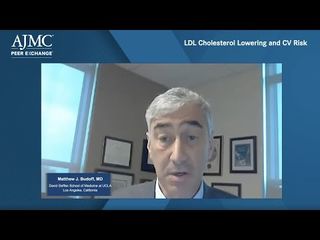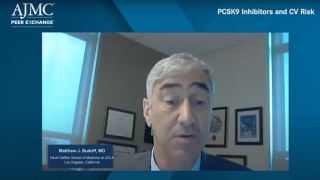
Clinical
Latest News

Latest Videos

More News
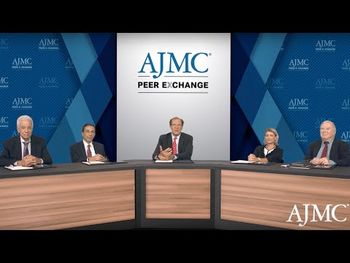
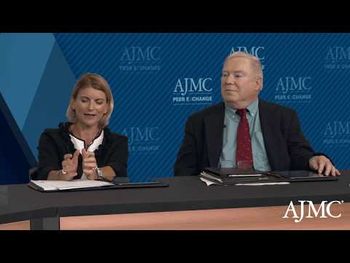
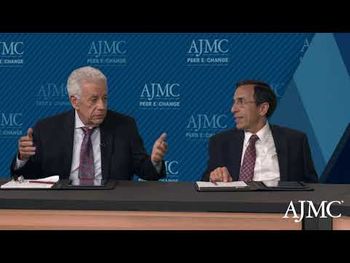
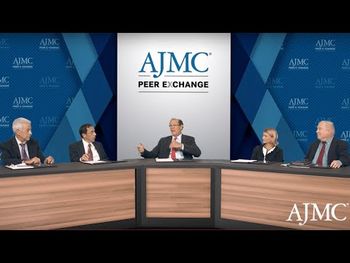
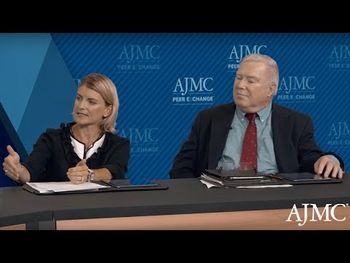
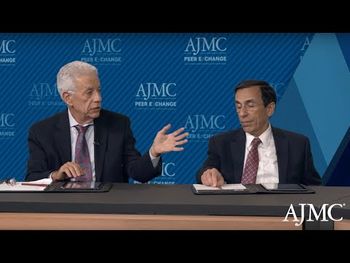
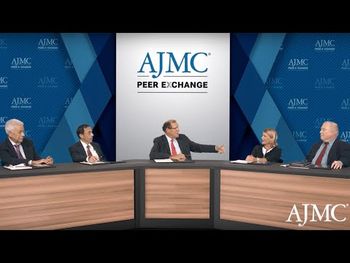
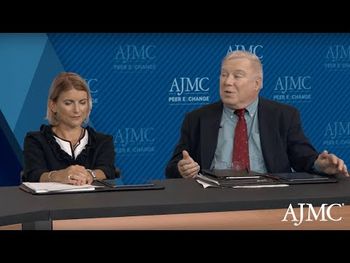
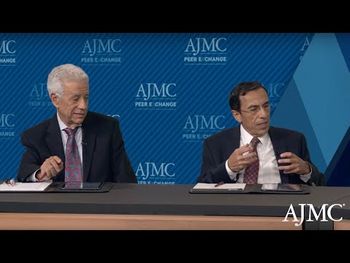
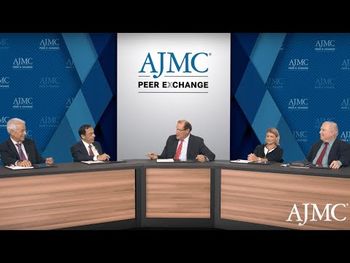

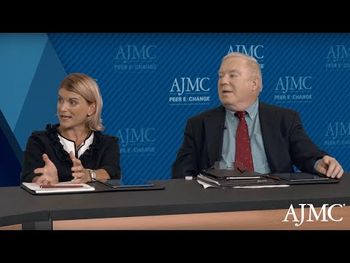
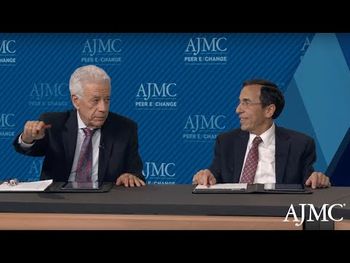
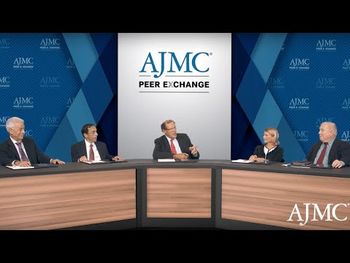
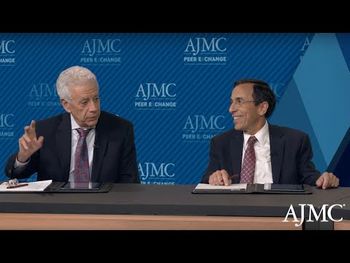
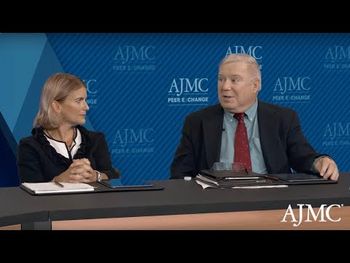


Two abstracts presented at ECTRIMS 2019, the 35th Annual Congress of the European Committee for Treatment and Research in Multiple Sclerosis, looked at patterns among patients newly diagnosed with multiple sclerosis (MS).

Randomized controlled trials (RCTs) may be considered the gold standard for generating clinical evidence, but there is growing interest in using real-world evidence. However, only a small portion of clinical trials could be replicated in the real world, according to a new study published in JAMA Network Open.


In an effort to educate clinicians about the issue of forcing patients in pain to suddenly halt opioid use, HHS released a guide that emphasizes patient-centered care and recommends against a rapid taper or stopping opioids all at once, while a patient living with chronic pain both welcomed the guide and expressed concern.

Artificial intelligence (AI) is now being used in healthcare practices to risk stratify patients and identify interventions that will work, said John Frownfelter, MD, FACP, chief medical officer of Jvion.

Although minimal residual disease (MRD) is increasingly being used to predict treatment outcomes and as a surrogate marker of progression-free survival, there remains controversy over whether it is ready to be used in treatment decision making.

A recent survey of patients with bipolar I disorder showed the extent to which they are so bothered by side effects to antipsychotic (AP) medications that they will stop taking them, or will trade more symptoms for fewer side effects.

Pimavanserin may be an effective treatment option for patients with Parkinson disease who develop Parkinson disease psychosis, according to a recent study published by Neuropsychiatric Disease and Treatment.







